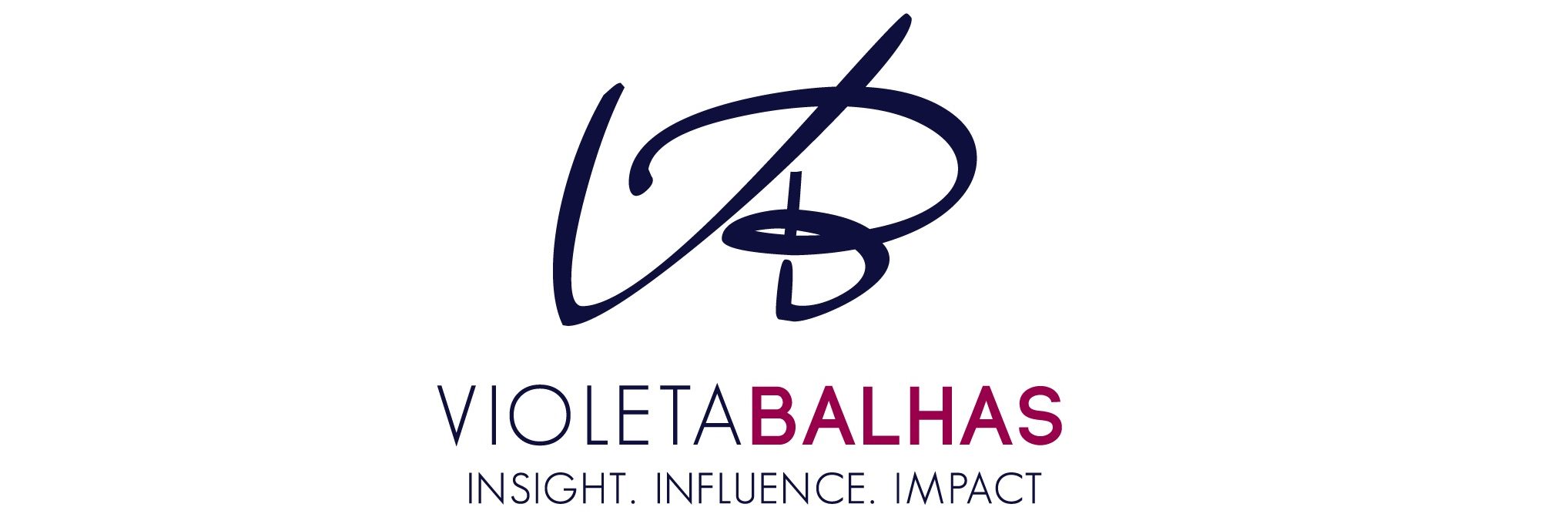So basically, I’m an idiot.
This is what I thought a couple of years ago, when I was up to my ears in theses and papers – some 20 of them – all dealing with trust in business, and I decided to add to the information by reading a book about trust-based marketing. Except it wasn’t about trust. It was about manipulative influence, to create a semblance of trust – basic techniques anyone can learn in Social Psychology 101.
So I was an idiot. Either for believing that trust requires principles rather than manipulation, or for spending $15 on the book in the first place.
I decided it was the latter.
Imagine the kind of relationship you want to have with others. Imagine the kind of relationships you want your staff to have with each other. Does it involve duplicitous influence or manipulation? Or principled, daily investment? Think about this, and while you do, I’ll just point out that those Social Psychology 101 techniques create a temporary trance people snap out of; certainly not the kind of trust that means people will be with each other through short and long, and thick and thin. (I’ve snapped out of a few of those myself, which means you probably have, too. It’s OK. We’ve all been there.)
Last week I spoke about the threshold of trust, trust in ourselves. Trusting ourselves is the basis for trusting others and have them trust us, but it doesn’t happen automatically. Interpersonal trust needs to be created. David K. Williams says that “It is the relationships we forge—and the trust we create—that matters most to our success at the end of the day.”
How do we create the kind of trust and relationships that end up being the most important part of our success?
With no one thing. But rather, four ongoing things that contain, in turn, a range of behaviours and beliefs that when practiced on a daily basis ensure your personal and business success.
People look at me funny when I say that communication is everything. They don’t look so funny when I offer the explanation: it’s because everything is communication.
Communication is everything
and
Everything is communication
I’ve talked about this before: every single thing we do, as well as everything we write and say, is a type of communication, and it is fraught with meaning. Once you realise that it’s all communication, and it’s constantly being read by the people around you, the cycle begins.
If your communications are character- and principle-based, rather than personality- and technique-based, as Covey so beautifully expressed it, the people around you will learn something very good about you. You haven’t asked them to trust you, or indeed asked anything of them at this stage, and there is no need for you to; they are observing and learning on their own.
This communication/learning phase is crucial and potentially the most time-intense. How long it takes depends on what you’re communicating, on how the other person learns, and on what exactly is at stake. The important thing is not to devalue or discount it if it’s brief, and to not rush it if it’s taking time.
And then, as if by magic – except it isn’t, and there are no shortcuts – trust happens. At this point, you’ve passed the test, and the other person is willing to be vulnerable in your hands. This is the ultimate definition of trust: vulnerability without fear. People will have confidence in your ability to do right by them, no matter what happens.
The next stage can be lightning fast, because trust isn’t passive. Trust actually drives people to action. The action that people undertake as a result of trusting you could be anything from a sale, to a promotion, to unwavering loyalty. And because it could be anything, you know what that means, don’t you? That their actions will also be communication… to you. And that will kick-start the cycle with you. That’s the beauty of the trust cycle: it’s not something that you impose upon someone else. It’s collaborative. While they are going through the cycle, you are going through your own, and at any point, you can invite other people in.
And it feeds itself, which means that trust isn’t a one-of, make-or-break deal, but an ever-evolving process that becomes more and more significant and powerful as it’s practiced over time.
Practiced by enough people over enough time, it transforms into something even greater: trust in the system. I’ll talk about this next week. See you then!
Photo credit © haveseen via Depositphotos



